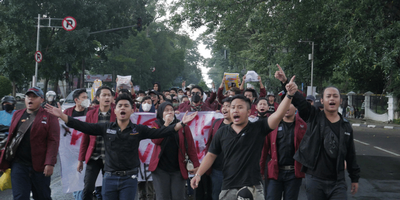Against the Odds: Anti-Corruption Reform in Indonesia
The discourse on anti-corruption approaches during the last decade has been shaped by two extremes: those who prescribe specialized anti-corruption bodies as a remedy in any context and those who consider general governance reform a prerequisite before a specialized anti-corruption agency can function effectively. This article argues that the dichotomized discourse does not do reality justice and presents a “good enough” story from Indonesia. The Indonesian Corruption Eradication Commission (Komisi Pemberantasan Korupsi [KPK]) was established in a low-governance environment and, although applying the three-pronged Hong Kong strategy, bears considerable differences to the Independent Commission against Corruption Hong Kong’s structure and powers. Despite not following the prescribed sequencing or models, the KPK has brought previously untouchable high-pro?le perpetrators to jail, has recovered stolen assets, and enjoys a much higher degree of public trust and support than the other Indonesian law enforcement agencies. The Indonesian case demonstrates once more the importance of “local ownership” and public demand for sustainable change.
https://doi.org/10.1002/pad.623/abstract







